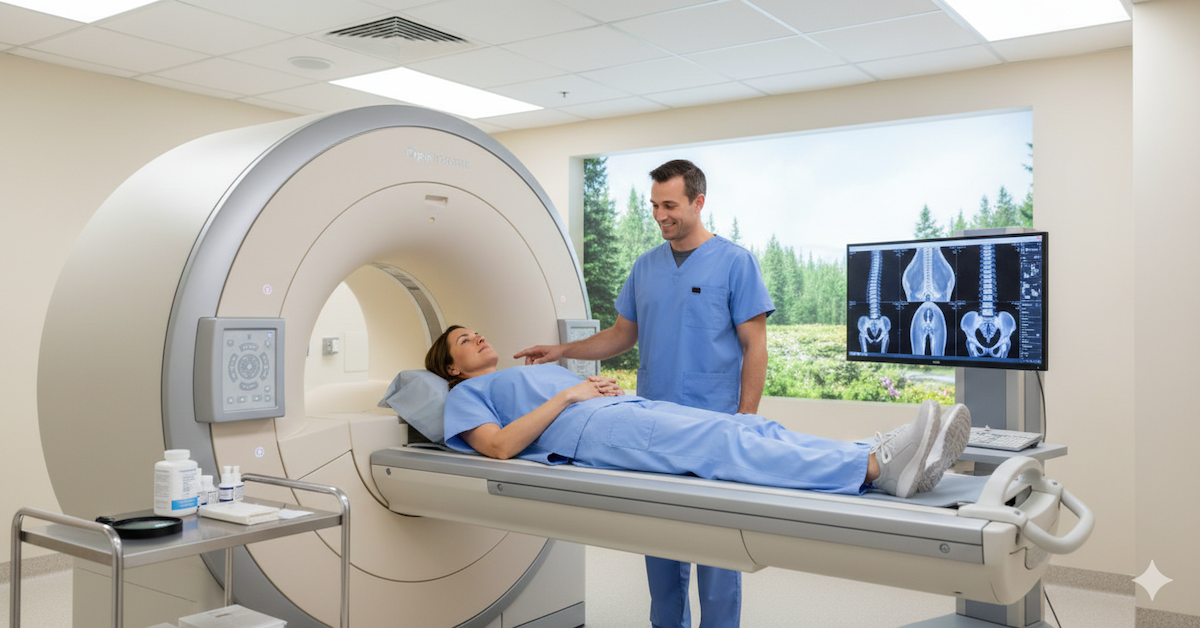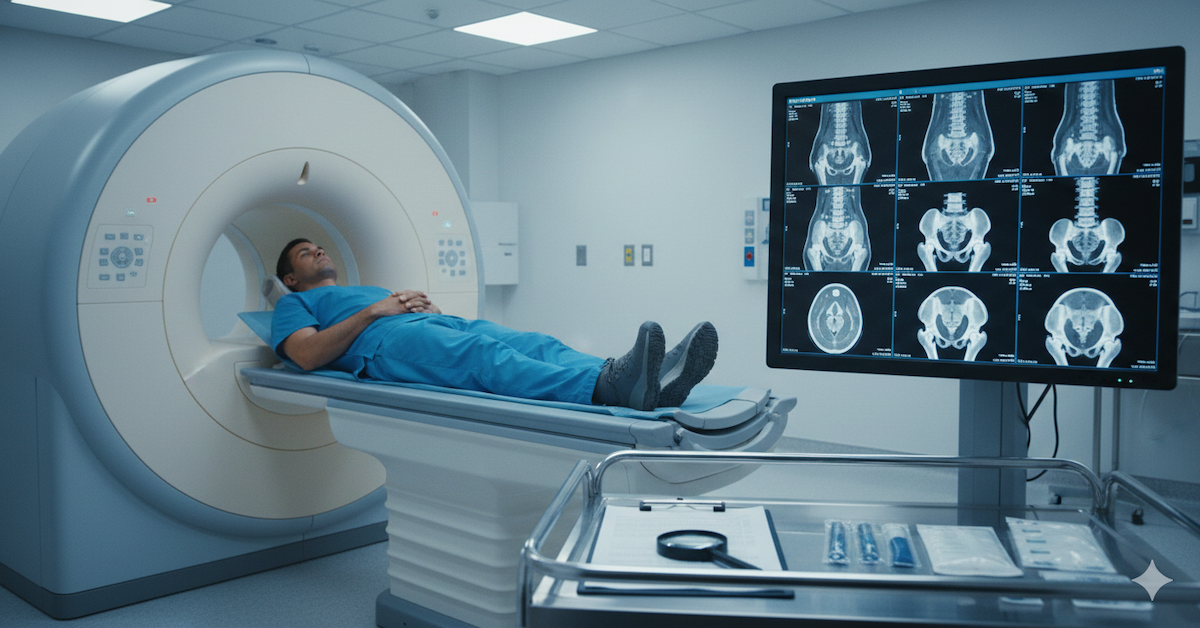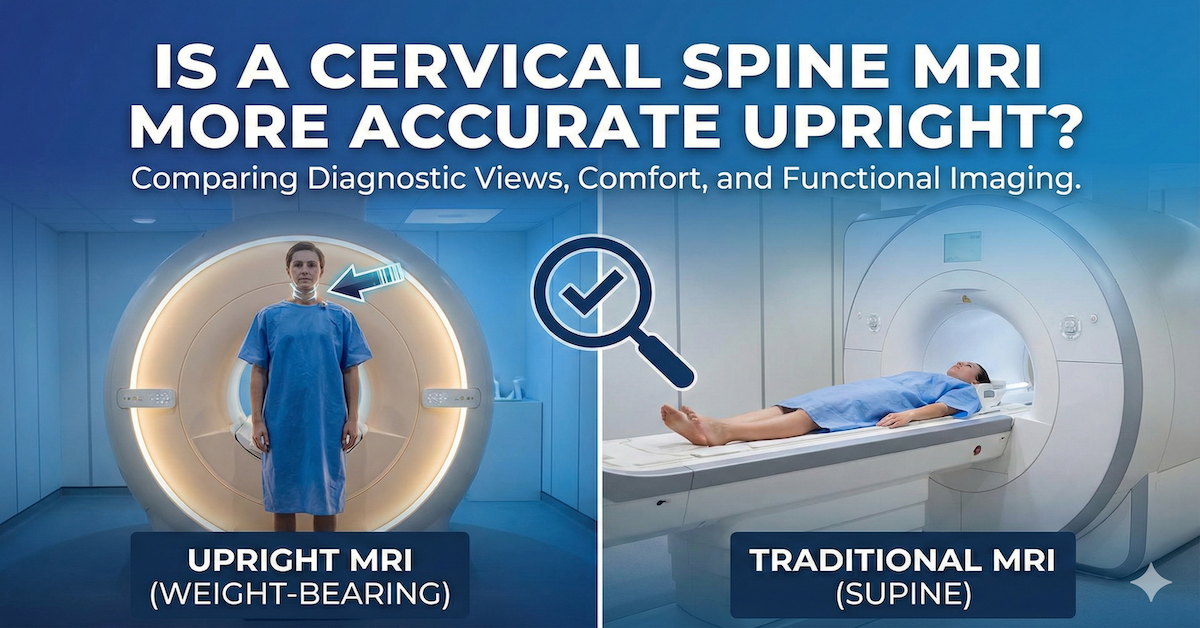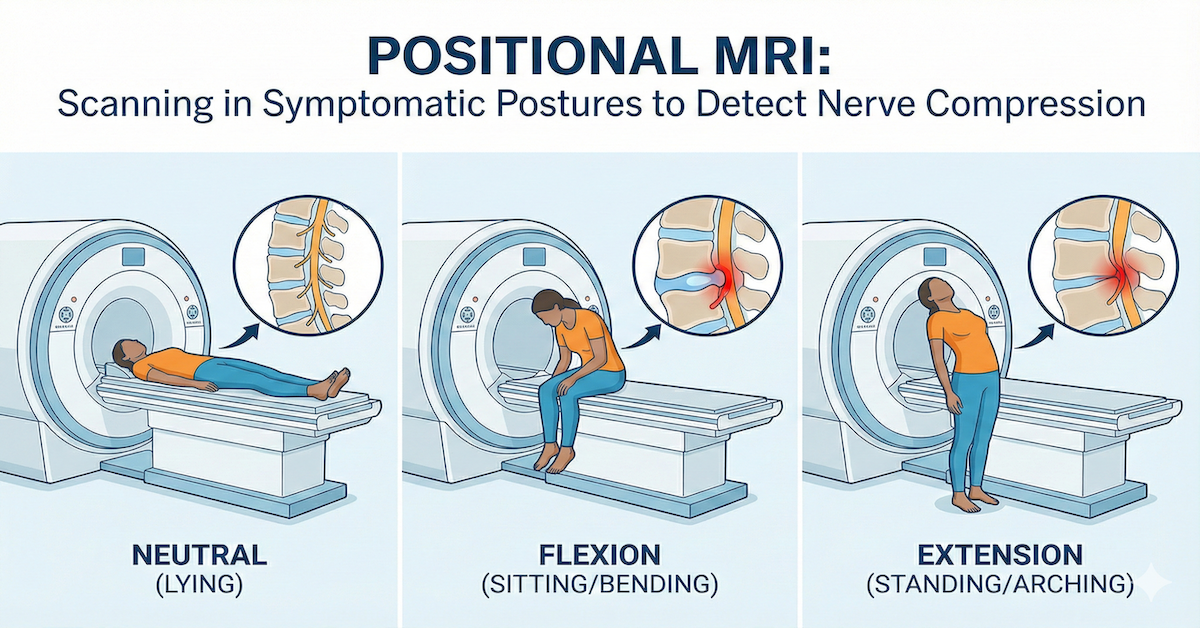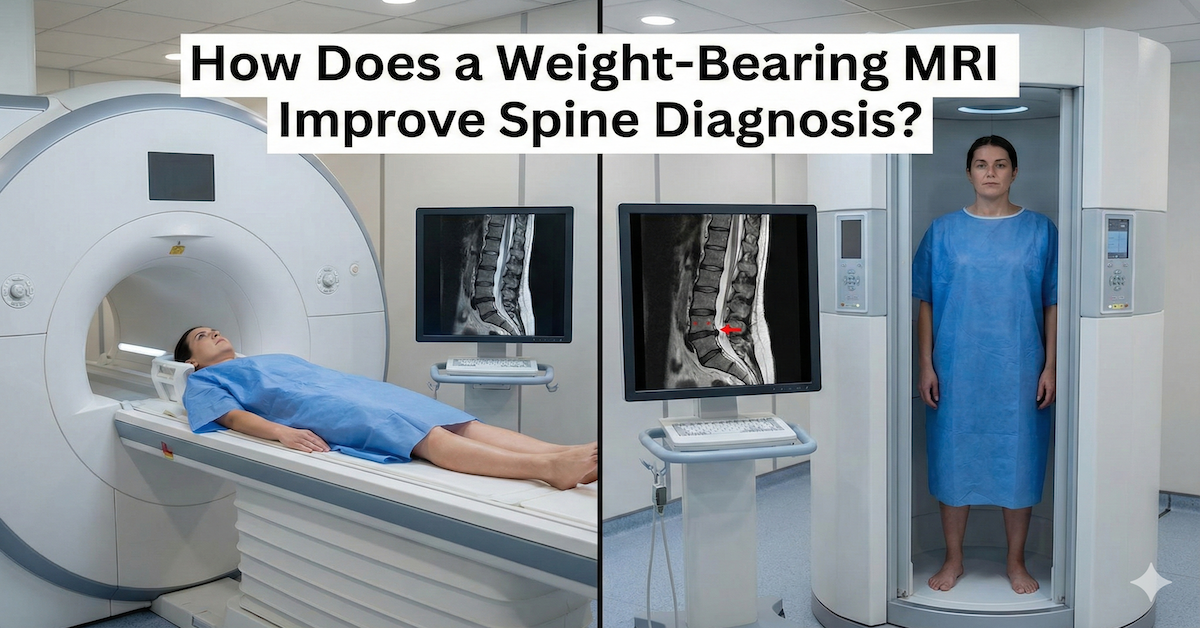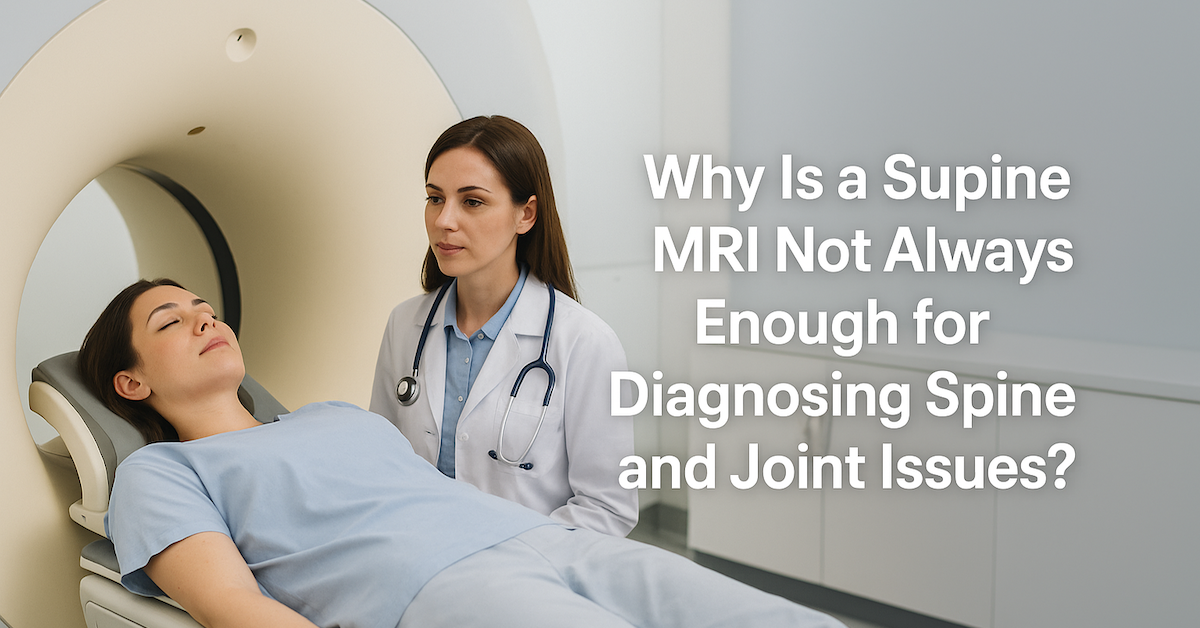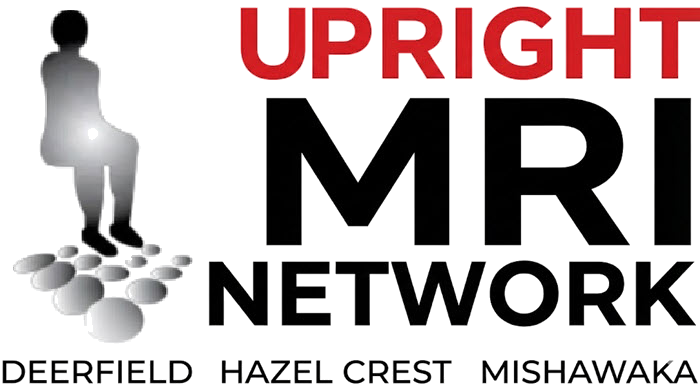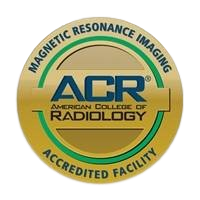Exploring the Intricacies of MRI Back or Spine Scans: Key Insights
In the realm of medical diagnostics, few advancements have wielded as much influence as Magnetic Resonance Imaging (MRI). Its ability to provide detailed and intricate images of the human body has revolutionized the way we understand and treat a myriad of conditions. When it comes to the complex landscape of the back and spine, MRI scans emerge as a beacon of clarity, offering insights that were once elusive. This comprehensive guide delves into the world of MRI back or spine scans, unraveling their significance, applications, benefits, and considerations.
The Role of MRI in Back and Spine Imaging
Within the intricate landscape of the back and spine lies a realm of complexities that traditional imaging methods struggle to capture. This is where MRI steps in, wielding its unique prowess to provide high-resolution images of soft tissues, spinal discs, nerves, and bone structures. MRI's non-invasive and radiation-free approach ensures that patients can access detailed imaging without the potential risks associated with other methods.
Indications for MRI Back or Spine Scans
The journey into the realm of MRI back or spine scans often begins with indications that prompt medical professionals to recommend such imaging. From persistent back pain and herniated discs to spinal injuries and spinal stenosis, there exists a diverse range of scenarios where an MRI scan can offer invaluable insights. Through these scans, medical experts can uncover the underlying causes of discomfort and devise targeted treatment plans.
Preparing for an MRI Back or Spine Scan
Preparation is the key to a successful MRI back or spine scan. As patients embark on this imaging journey, it's essential to wear comfortable clothing without metal fasteners, as these can interfere with the MRI machine's magnetic fields. Communicating any medical conditions, allergies, or recent surgeries to the healthcare team ensures a safe and effective scanning experience. Additionally, adhering to dietary and medication restrictions, if applicable, contributes to the quality of the images obtained.
The MRI Back or Spine Scan Procedure
As patients are guided through the MRI back or spine scan procedure, they embark on a journey into the core of their anatomy. Positioned comfortably on the MRI table, they are gently introduced into the cylindrical chamber of the MRI machine. The procedure is painless, with the only requirement being stillness to ensure the clarity of the images. The rhythmic sounds of the machine during the scan are accompanied by the knowledge that each pulse is unraveling the mysteries of the back and spine.
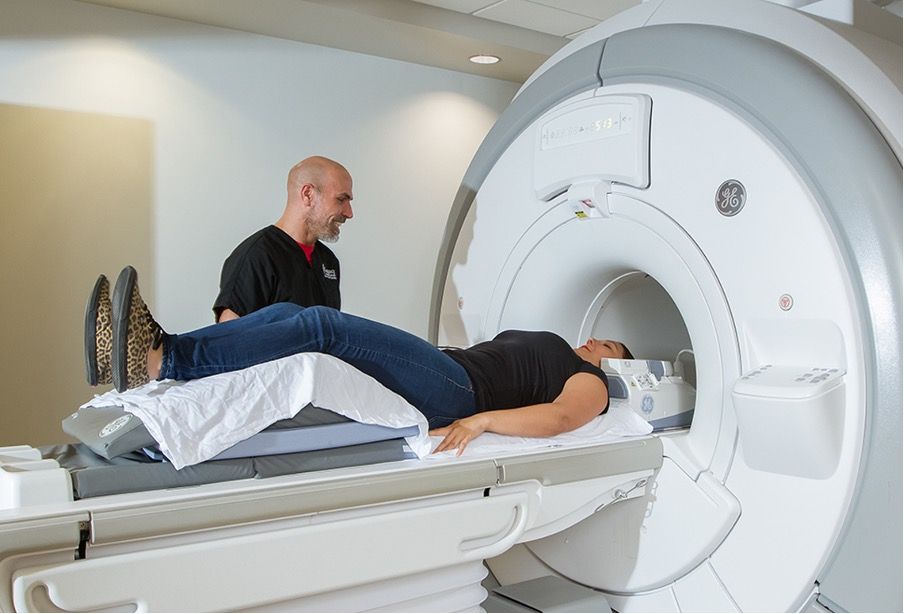
Types of MRI Back or Spine Scans
Within the realm of MRI back or spine scans exist distinct types, each shedding light on different aspects of the anatomy. T1-weighted MRI scans offer insights into anatomical structures, with the ability to differentiate between various tissues. T2-weighted MRI scans, on the other hand, provide information about water content in tissues, offering valuable details about soft tissues, nerve compression, and disc anomalies. For enhanced visualization of blood vessels, tumors, and inflammation, contrast-enhanced MRI scans utilize gadolinium-based contrast agents.
Interpreting MRI Back or Spine Scan Results
The interpretation of MRI back or spine scan results is a skill honed by radiologists, the unsung heroes behind the scenes. These experts meticulously analyze the images, identifying abnormalities, lesions, and other findings that guide diagnosis and treatment. The collaboration between radiologists and referring physicians is paramount, ensuring accurate insights and informed decision-making.
Benefits of MRI Back or Spine Scans
The benefits of MRI scans for back and spine imaging are manifold. The exquisite soft tissue contrast offered by MRI enables medical professionals to discern even the most subtle abnormalities. This level of detail plays a pivotal role in guiding treatment plans, facilitating surgical interventions, and ultimately contributing to improved patient outcomes.
Risks and Considerations
As with any medical procedure, there are considerations to bear in mind. Some individuals may experience feelings of claustrophobia during MRI scans, but many imaging centers offer measures to alleviate this discomfort. Additionally, while rare, allergic reactions to contrast agents can occur. Open communication with healthcare providers ensures that patients are well-prepared for the experience.
Choosing a Trusted Imaging Center
Selecting an imaging center with a reputation for excellence is paramount. Upright MRI of Deerfield, a beacon of expertise and patient-centric care, understands the significance of accurate imaging. With advanced technology and skilled radiologists, Upright MRI of Deerfield stands as a trusted partner in the journey towards understanding the intricacies of the back and spine.
Conclusion
In the ever-evolving landscape of medical diagnostics, MRI back or spine scans stand as a testament to human ingenuity. With each scan, the curtain is drawn back, revealing the inner workings of an integral part of the human body. As the medical community continues to harness the power of MRI technology, the possibilities for understanding, diagnosis, and treatment expand. In the heart of this evolution lies Upright MRI of Deerfield, dedicated to providing patients with the insights they need to embark on a path of healing and wellness.
SHARE THIS POST:
Leave a Comment:

The World's Most Patient-Friendly MRI. A comfortable, stress-free, and completely reliable MRI scan. We offer patients an open, upright, standup MRI experience that helps those who are claustrophobic and stress being in a confined area. Upright MRI of Deerfield is recognized as the world leader in open MRI innovation,
Our Recent Post
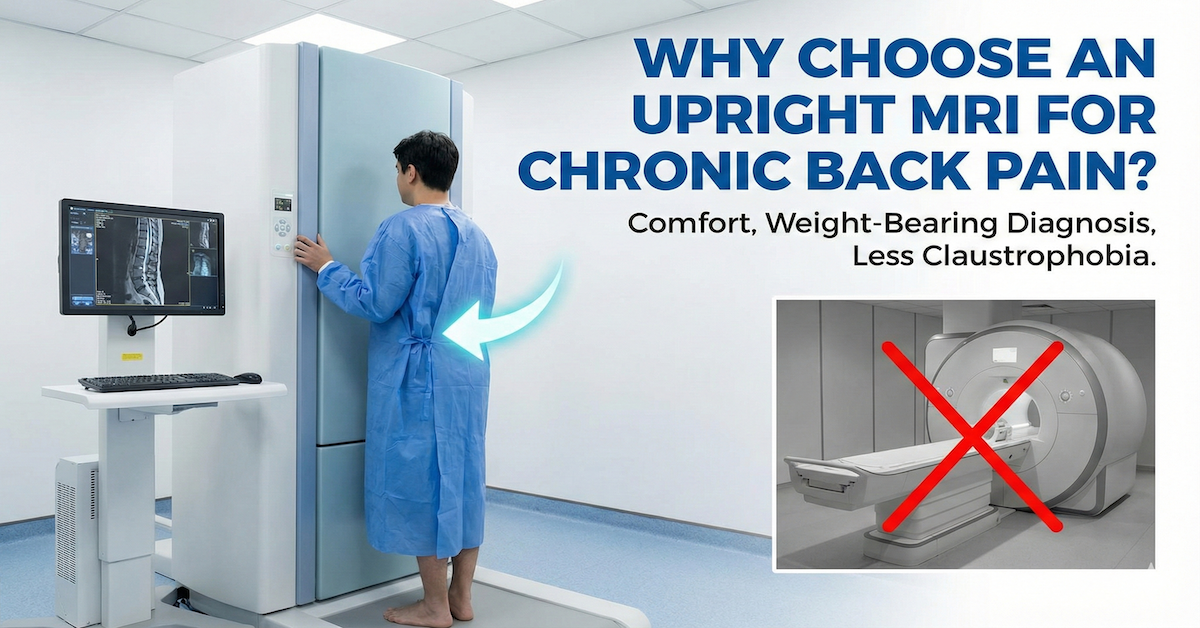
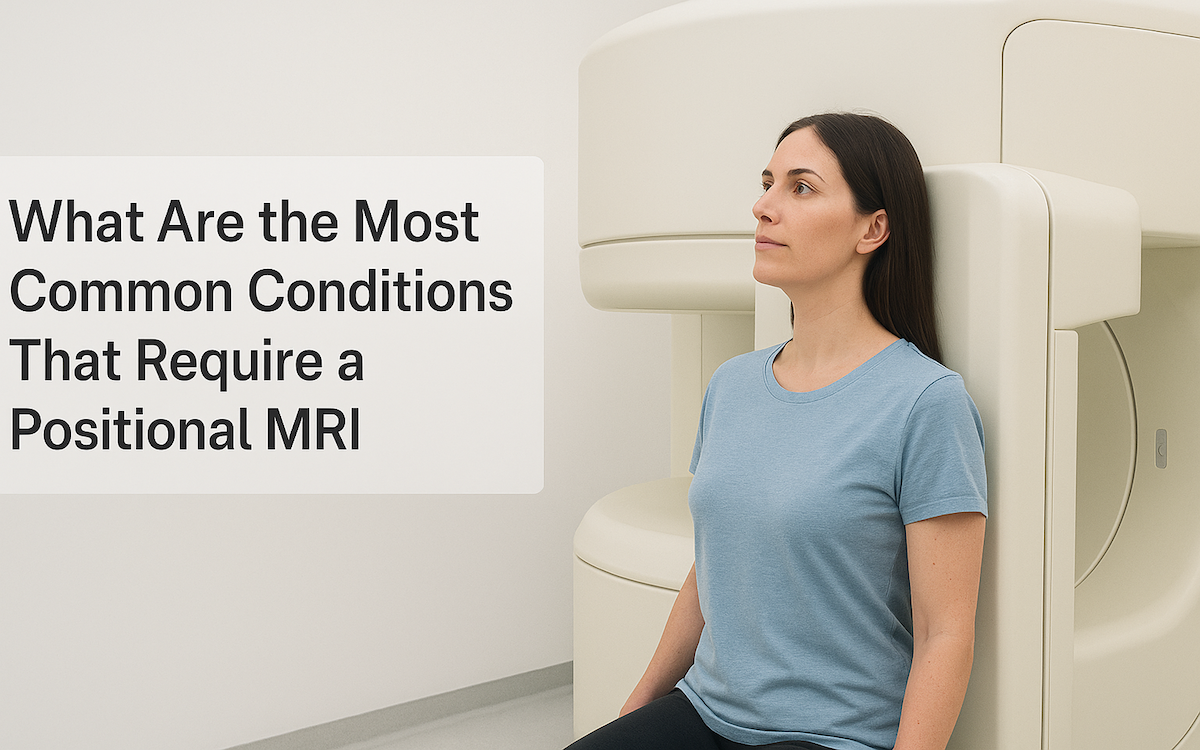
READ PATIENT TESTIMONIALS
Upright MRI of Deerfield.
Susan D.,
Highland Park, 39
I am going to tell everyone about your office! This was a great experience after I panicked in other MRI machines and had to leave. Thank you so much.

Judith B.,
Milwaukee, 61
I suffer from vertigo and other MRIs do not work. This was wonderful…absolutely NO discomfort at all. The MRI was so fast…I wanted to stay and watch the movie! Mumtaz was great. His humor really put me at ease. I’ve already recommended Upright MRI to friends.

Delores P.,
Glencoe, 55
Everything is so nice and professional with your place. I have been there a couple of times. My husband and I would not go anywhere else.


